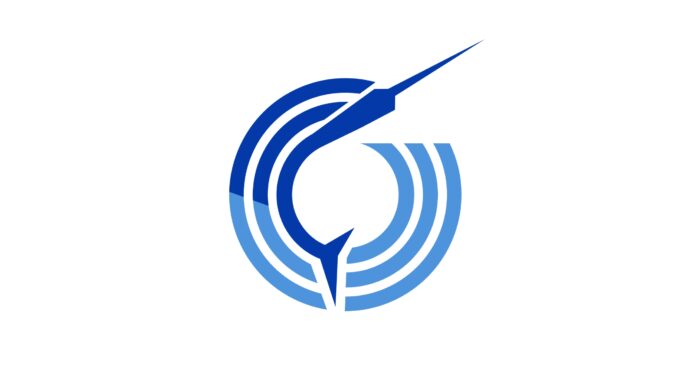The Bureau of Fisheries and Aquatic Resources (BFAR) on Monday gave assurance on continued adequate supply of fish in markets around the country even though regulators clash with the big commercial fishing entities and their insistence against Fisheries Administrative Order (FAO) seeking to keep track of fishing vessel activities.
In a statement, BFAR said various existing programs such as the national payao, lambaklad, mariculture, legislated hatcheries, fishing boat and gear distribution, brood stock development and maintenance, fingerling production and distribution, fish cage distribution, the operation and maintenance of technology stations, national centers and hatcheries, ensure against any drastic fish supply lack.
But the agency stressed while it recognizes the Executive Secretary memorandum dated 13 March 2023 suspending the implementation of FAO No. 266 and directing all concerned government agencies, including BFAR, to strengthen the government’s response against illegal, unreported and unregulated (IUU) fishing, it supports the implementation of FAO 266 mandating vessel monitoring equipment (VMM) installation in commercial fishing vessels.
“As a tool for monitoring, control, and surveillance, VMM can effectively help in the prevention, deterrence, and elimination of IUU fishing. As the primary government agency mandated to manage the country’s fisheries and aquatic resources, the BFAR remains strongly committed to increasing production and ensuring fish sufficiency through sustainable means and without compromising the ecological integrity of our aquatic and marine environment,” it said.
Activitist group Pambansang Lakas ng Kilusang Mamamalakaya ng Pilipinas (Pamalakaya) scored the price shock warning of commercial fishers should the VMM is be enforced, arguing this was only an excuse to remain unregulated and engage in unsustainable fishing activities.
“The FAO 266 is a welcome measure to regulate the unsustainable and often destructive method of fishing of commercial vessels. Operated by big fishing firms, these commercial vessels are the ones exhausting and exploiting the fishery and marine resources in our seas. Commercial fishing vessels usually swarm the 15-kilometer municipal waters, outcompeting and overwhelming the traditional and backward fishing methods of small fishers,” Fernando Hicap, Pamalakaya national chairperson, said.
Hicap said the commercial fishers export their catch and succeed only in depleting domestic supply of fish in our seas.
“For us small and municipal fishers, we don’t buy the drama of commercial fishing groups that the vessel monitoring scheme present negative impacts to local production because their (catch are for) export to begin with. We instead urge the commercial fishing industry to strictly observe the regulatory measure to ensure our fishing grounds, especially the municipal waters, are genuinely protected for our domestic fishery needs,” Hicap said.
According to him, the government should strengthen the production of the municipal fisheries subsector through adequate state support and ensure the rights of small-scale and subsistence fisherfolk to fishing grounds and coastal communities.







